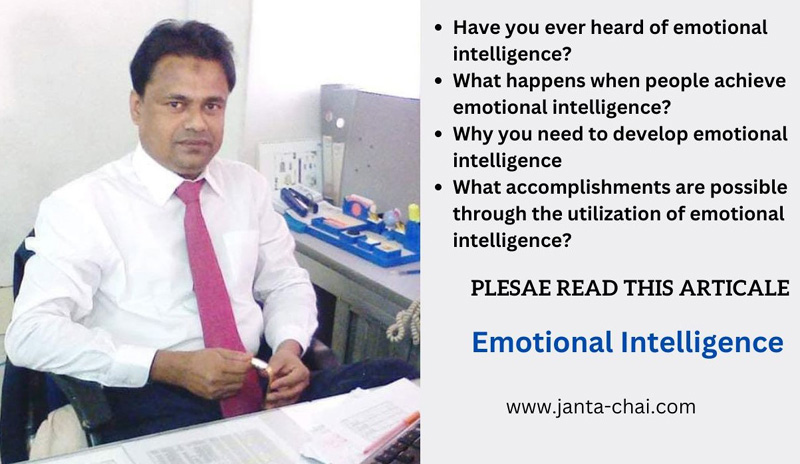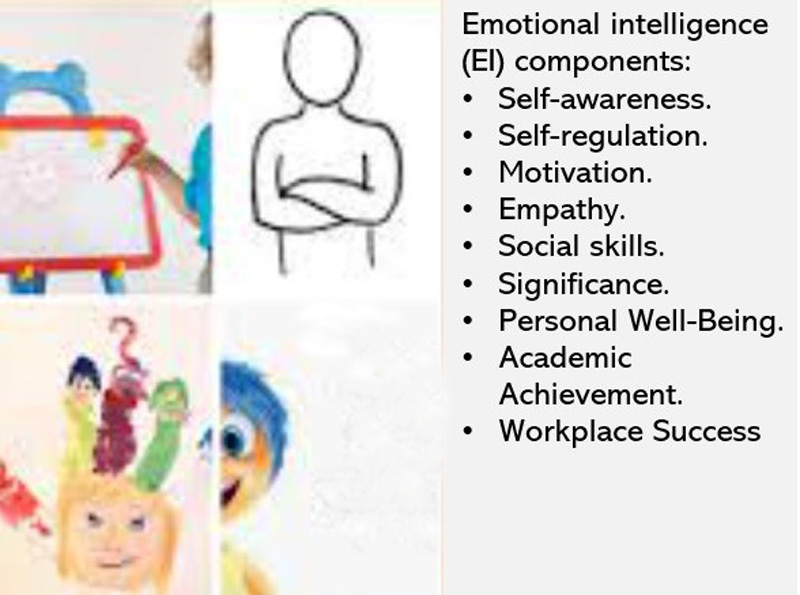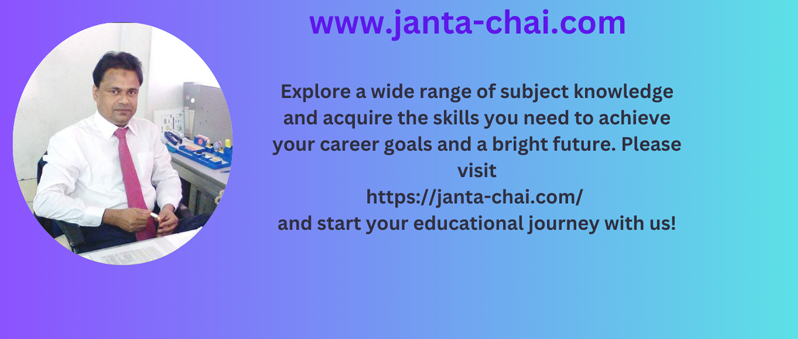Emotional Intelligence.

Emotional Intelligence (EI).
EI is the ability to understand, manage, and use emotions effectively in oneself and others. It has five core components: self-awareness, self-regulation, motivation, empathy, and social skills. People with emotional intelligence can identify their feelings, understand what those feelings mean, and recognize how those emotions affect their behavior. Peter Salovey and John D. Mayer described it as “a form of social intelligence that involves the ability to observe one’s own and others’ feelings and emotions, discriminate between them, and use this information to guide one’s thinking and activities. In this blog I have discussed in detail about emotional intelligence, read more about motivational aspects in detail.
Components of Emotional Intelligence.

Emotional intelligence (EI) has five key components: self-awareness, self-regulation, motivation, empathy, and social skills. Each element contributes to a person’s ability to navigate emotional and social complexity. Emotional intelligence (EI) is a skill that refers to how well one can influence or manage one emotional intelligence.
Suppose you went to a relative’s house with your family on the occasion of Eid. But you saw no one was home and had not informed you beforehand, even though you had informed them. What should you do now? Emotional intelligence combines your emotions and intelligence and the decisions your mind makes. That means you handled a difficult moment with the combination of your feelings and intelligence. But you cannot acquire this intelligence in one day. You must master this skill through daily practice. Let us discuss in detail how to master this skill.
Self-Awareness:
Self-awareness is how a person perceives and understands his character, feelings, motives, and desires. forms the basis of EI. It recognizes one’s emotions and their influence on thought and behavior. Self-aware people understand their strengths and weaknesses, which increases confidence and clarity in decision-making. They can monitor their emotional state, helping them navigate complex social interactions and maintain composure under stress. Self-awareness also includes understanding how others perceive you, which helps build authentic relationships. Teenagers must develop self-awareness to use digital platforms effectively. Learning to control the influence of these platforms on their minds will help them balance their well-being. This can help them build resilience and a sense of control.
Self-Regulation.
Self-regulation is the process of controlling and evaluating one’s behavior. It emphasizes control by the individual who monitors, directs, and controls activities toward information goals. In other words, self-control refers to managing one’s emotions in a healthy and constructive manner. People with high self-control can manage impulsive behavior and feelings, and they remain calm and collected even in stressful situations. They can adapt to change, maintain a positive outlook, and handle setbacks without becoming overly discouraged. This component of EI promotes trustworthiness and honesty, as these individuals are known for their consistency and reliability in behavior and responses.
Upon seeing a colleague’s promotion, you may feel you deserve it too. After talking to the supervisor, he explained that they promoted your colleague after evaluating his performance. However, you could not accept this. This resulted in your reluctance towards your work, and this reluctance will make you inattentive and prevent other colleagues from cooperating with you.
Motivation as a tool for building emotional intelligence.
Motivation is an internal force that compels a person to take action to achieve a goal. It drives individuals toward achieving their goals. With motivation, people find the strength to overcome obstacles and focus on their objectives. Every successful journey begins with an inspired mindset. It helps individuals visualize their desired future and set clear, achievable goals.
When motivated, people take initiative and tackle challenges. They don’t wait for opportunities to come but create opportunities. Inspiration stimulates creativity and innovation, leading to new ideas and solutions. Motivated people are proactive and always ready to seize the moment. They understand the value of time and maximize productivity by making the most of every second.
After all, motivation is the key to unlocking one’s potential. It empowers individuals to take action, be resilient, and achieve greatness. With motivation, every goal is within reach, and every challenge becomes an opportunity for growth.
Empathy in Emotional Intelligence.
Empathy involves understanding and sharing the emotions of others. For example, it is essential to unite and empathize with the pain and suffering of sad people who are in danger, diseased, or in peril. Empathy enables individuals to establish profound connections with others, thereby nurturing more robust relationships and facilitating efficient communication. Empathic people understand the emotions, needs, and concerns of others, which helps them respond with empathy and support. Being empathetic means finding similar emotions or feelings if you do not have the same experience.
Empathy is essential to productivity in the workplace and plays a unique role in developing mutual relations. When we sympathize with the dangers of people at work, in the family, or in society, mutual cooperation doors open. People extend a helping hand to each other and assist with any kind of problem.
Social Skills.
Social skills refer to the aptitude for engaging and communicating effectively with individuals daily. Verbal and nonverbal communication encompasses various forms, including speech, gestures, facial expressions, and body language. Social skills interventions help individuals create and maintain relationships with peers or family members. These interventions may be particularly beneficial for children or youth with autistic spectrum conditions (ASC) or social communication difficulties. Developing social skills is essential for social health.
Concerning mental health, people with strong social ties have lower rates of anxiety and depression. They have higher self-esteem, greater empathy, and more cooperation. Additionally, social skills are critical components of a student’s academic success. When students know how to communicate their ideas, listen to what others say, and cooperate with others, they have a much easier time achieving success in the classroom and in life.
Significance of Emotional Intelligence.
Emotional intelligence (EI) is a set of abilities to understand, use, and manage emotions related to oneself and others. Mayer et al. define EI as “Perceiving emotions accurately, using emotions to facilitate thinking, understanding, and managing emotions.” Emotional intelligence significantly affects many areas of life, from personal well-being to professional success.
Personal Well-Being.
Personal health involves taking charge of your health by making conscious decisions to stay healthy. It refers to a person’s physical well-being and includes mental, intellectual, social, economic, spiritual, and other areas of life. Emotional intelligence directly affects personal well-being. Individuals with high EI experience good mental health, as they can manage stress, face challenges, and maintain a positive outlook. They enjoy more satisfying relationships, as their ability to understand and empathize with others leads to deeper connections and less conflict.
Academic Achievement.
EI contributes to academic success by increasing students’ ability to manage emotions, stay motivated, and communicate effectively with peers and teachers. Students with high emotional intelligence tend to perform better academically because they can handle stress, ask for help when needed, and maintain focus on their goals.
Workplace Success.
Workplace success measures how you achieve in your professional life. Several variables impact your perception of success in your professional journey, such as your job designation, work-life balance, and overall contentment. The interpretation of professional achievement is subjective and varies from person to person. EI is a key predictor of workplace performance and leadership effectiveness that will make you aware of time management. Employees with high EI can navigate office politics, manage stress, and create a positive work environment. Leaders with strong EI can inspire and motivate their teams, handle conflicts diplomatically, and drive organizational success.
Conclusion.
Emotional intelligence is an essential skill that affects many aspects of life, from personal well-being to professional success. By understanding and improving the components of EI — self-awareness, self-regulation, motivation, empathy, and social skills — individuals can enhance their ability to navigate emotional and social complexities. Developing emotional intelligence requires ongoing effort and self-reflection, but the benefits, including improved mental and physical health, stronger relationships, and increased career success, make it worthwhile. As society continues to recognize the importance of emotional intelligence, its role in education, workplace training, and personal development will likely expand, fostering a more emotionally intelligent and compassionate world.
Author: Abdul Aziz
Content writer

This is a motivational blog, to improve your life you must be motivated, mentally and socially. Hopefully, everyone will benefit from this blog and that is my interest as a writer.